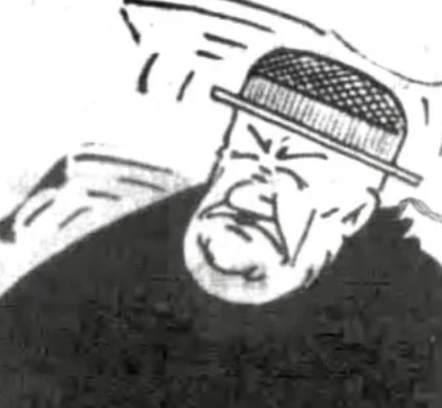I’m sur a lot of you have seen this video from James Hoffmann discussing the massive differences observed when spritzing some water on the beans before grinding.
So I took the plunge and bought a spray bottle, and tested it immediately on my mildly-disappointing, home-roasted medium-light Yrgacheffe in my Mythos-modded DF64.
Of course I don’t have a particle analyzer to replicate the results, but I can still count on my senses to see if there is an actual difference between dry and spritzed beans.
The beans were dialed-in at 18g in, 45g out, 30s when dry.
Then, the 3-spritz beans went in. I didn’t see much difference when grinding (maybe a bit less retention), but when pulling the shot, wow. It started to drip much later and slower, and took around 42s to complete the shot. There was a bit of spraying so channeling may still be happening though. The taste was incredible compared to the baseline. Every flavor was turned up to 11, with much more body, sweetness and complexity, with still a clear acidity cutting through the syrupy goodness, and a taste that lingered in my mouth for a very long time.
I dialed back the grinder for a 30s shot. This one was very disappointing and obviously under-extracted: sour, with a lingering astringency, and the flavors were kind of muted. So the beans really seem to benefit from extra contact time with seemingly no drawbacks in terms of overextraction, or the initial delay acted as a sort of preinfusion.
So my takeway is this: invest in a $£2€ spray bottle, either dial-in with dry beans or aim for a 35-45% longer extraction compared to your baseline, and enjoy!
Have you tested it? What are your results?
What does “18 g in, 45 g out, 30s when dry” refer to?
18 grams of espresso beans produces 45 grams of espresso liquid when running the machine for 30 seconds.
It’s a simple espresso recipe that says “18g of coffee beans, ground fine enough that 45g of liquid (espresso) come out in the cup in 30s from the start of the pump”. It tells you about the dose and the ratio, and the brew time is an indication since everything else is a variable depending on the beans, roast level, grinder, machine, temperature and humidity levels.
“dry” means unadulterated beans, since were talking about wetting them before grinding.
I accidentally misread the instructions when I first heard of this and added 5ml of water for 25g of beans. The beans were chunkier after grinding but was the best cup of coffee I’ve ever made, definitely more delicious than dry grinding. Unsure how it compares to spritzing instead but just adding water works for me.
Soaked beans are the next trend you’re a precursor 🤣
I tired this yesterday, but only did one spray. Need to try with two or three next time.
Did 3 sprays on 11g, no lumps, no static in the hopper or catcher. I didn’t notice any difference in taste, but I used the aeropress. I did notice less dripping.
Do you have a good recommendation for a little spray bottle?
I bought the cheapest I could find 😅
I ordered the ones that say for cosmetics.
Any spray bottle will do. If you don’t have one, you can probably just add a few drops of water (turn the faucet on very low or find another method to do so) and then swirl the beans around to distribute the water.
I forget if James Hoffman mentions a specific amount, but I typically go for like 0.5g when I add the water to my beans.



